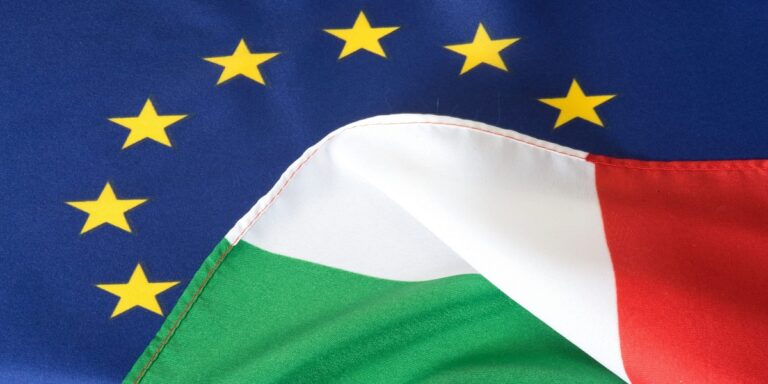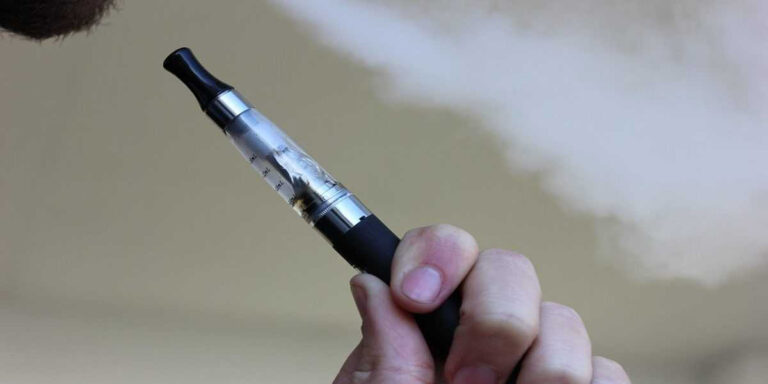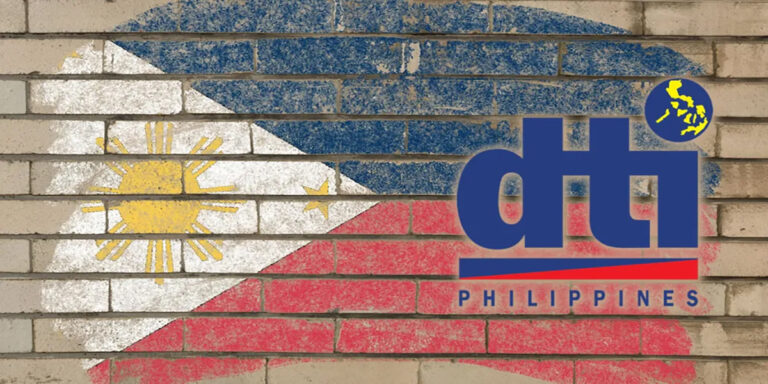On June 12, the U.S. Senate Judiciary Committee held a hearing titled “Addressing the Youth Smoking Crisis by Strengthening Enforcement Against Illegal E-Cigarettes.” The Food and Drug Administration (FDA) and the Department of Justice (DOJ) faced severe criticism from bipartisan senators for their perceived failure to regulate the rapidly expanding illegal e-cigarette market.
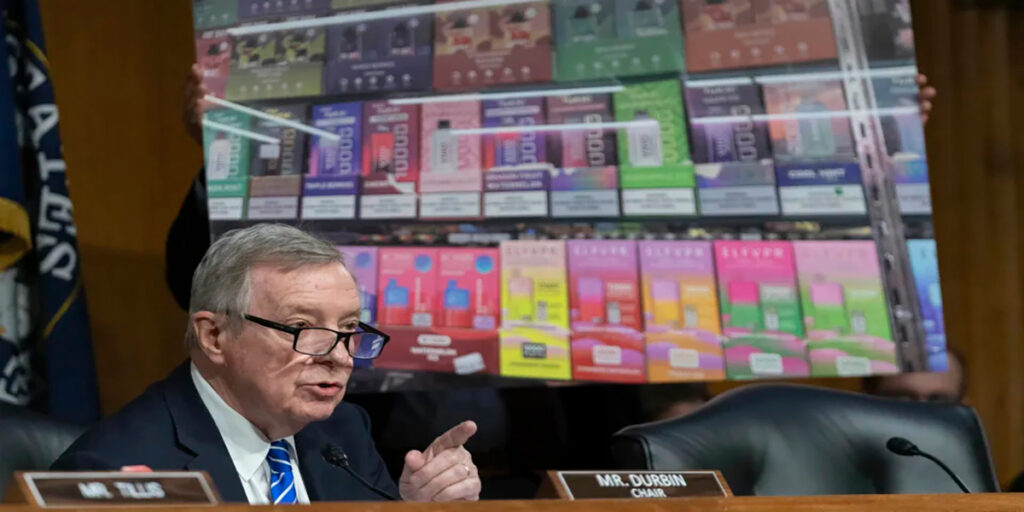
Details of the Congressional Hearing
Lax Enforcement
Bipartisan senators expressed disappointment and anger over the FDA and DOJ’s failure to regulate thousands of unauthorized flavored e-cigarette products. The weak enforcement has allowed the illegal e-cigarette market to become a multi-billion-dollar industry.
Photograph Presentation
Committee Chairman Dick Durbin (D-IL) presented a photograph of brightly flavored e-cigarettes, such as dragon fruit and watermelon bubblegum, available in a vape shop near the FDA headquarters. He called it a “complete failure” of the FDA’s tobacco regulation department to prevent the sale of products designed for children.
Testimony from a High School Student
A high school student testified about becoming addicted to “Blueberry Ice” e-cigarettes in ninth grade and the difficulty of quitting.
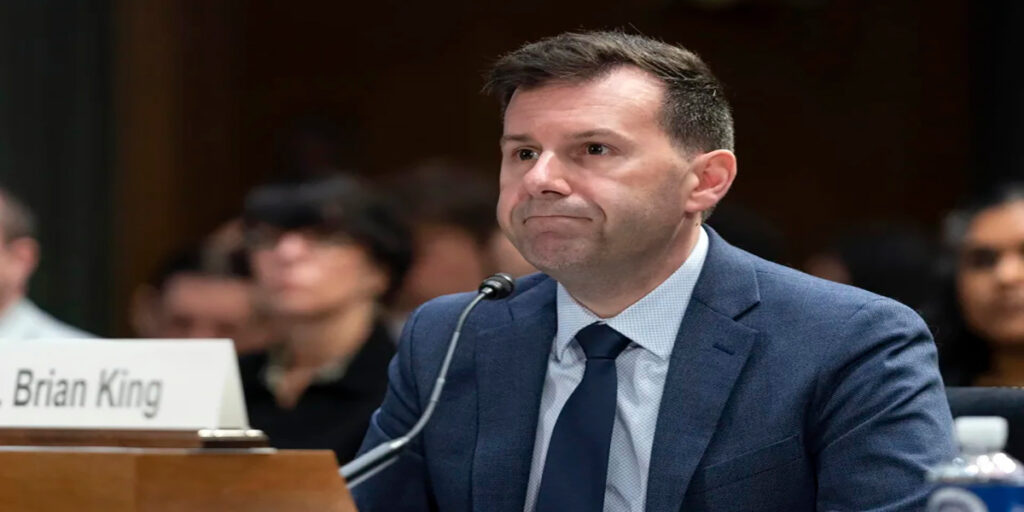
FDA and DOJ Responses
Backlog of Applications
Brian King, head of the FDA’s tobacco division, explained the agency’s slow progress due to the backlog of 27 million product applications related to e-cigarettes, all requiring scientifically and legally feasible review.
Industry Rejections
An industry lobbyist informed the committee that the FDA has rejected over 99% of company submissions, creating an unsustainable market. Despite legal bans on some e-cigarette companies, new products continue to emerge, particularly disposable e-cigarettes.
New Government Task Force
Arun Rao, Deputy Assistant Attorney General at the DOJ, emphasized that addressing the e-cigarette issue is a priority. The FDA and DOJ recently announced a new government task force, including the U.S. Postal Service, to tackle the problem.
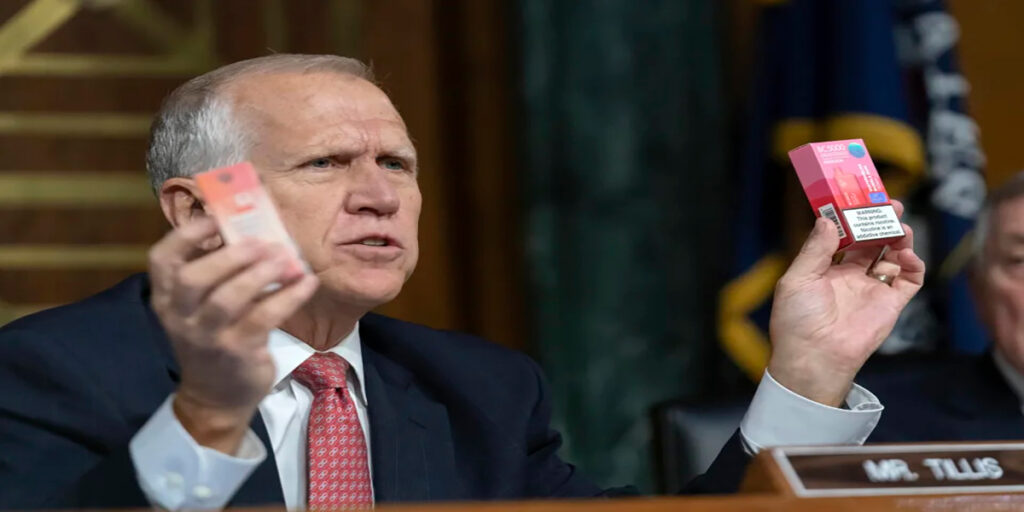
Political and Regulatory Challenges
Timing of the Announcement
Senator Thom Tillis (R-NC) criticized the timing of the new task force announcement as a “political stunt” and pointed out the lack of involvement from Customs and Border Protection.
Market Impact
Industry analysts estimate that disposable e-cigarettes account for 30% to 40% of the $7 billion e-cigarette market. Despite FDA sanctions, brands like Breeze and Elf Bar remain on the market due to rebranding.
International Comparisons
Brian King noted that products like Elf Bar cannot be legally sold in China, where non-tobacco-flavored e-cigarettes are banned.
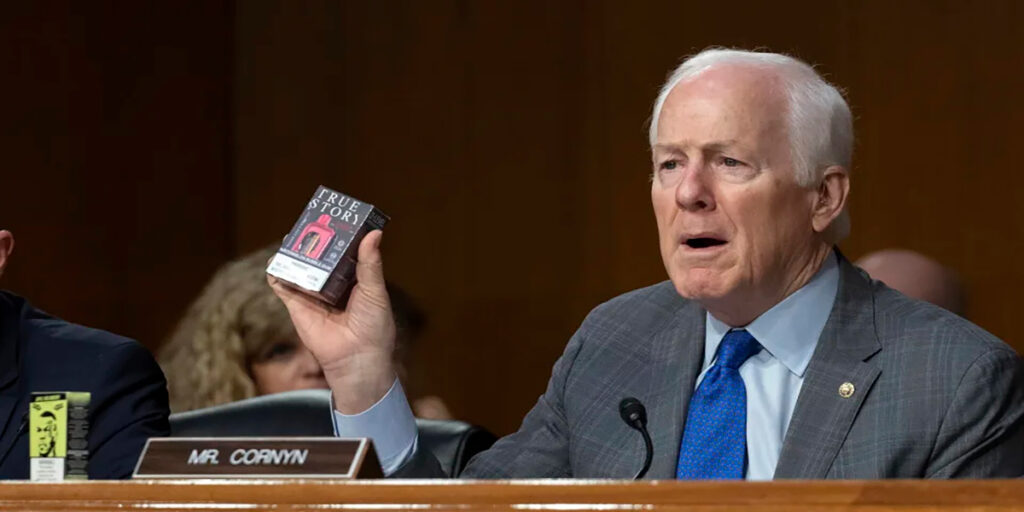
Senator John Cornyn (R-TX)
Senator Cornyn expressed frustration and vowed to introduce legislation to address the current situation, describing it as “outrageous and unacceptable.”
Youth E-Cigarette Use Trends
Since peaking in 2019, the number of U.S. teenagers using e-cigarettes has dropped by 60%. However, the hearing emphasized the need for strengthened enforcement to further address youth e-cigarette use.
Expert and Media Perspectives
Some experts and media outlets suggest that the “youth smoking crisis” might be exaggerated, reflecting a temporary interest among teenagers. They advocate for rational and objective legislative and enforcement efforts to ensure effective and fair policies.
Implications of the Hearing
Protecting Youth
The hearing underscored the need for stronger enforcement to protect youth from the dangers of nicotine addiction and the proliferation of illegal e-cigarette products.
Regulatory Reforms
The criticisms and proposed actions highlight the necessity for regulatory reforms to ensure that e-cigarette products are effectively monitored and controlled.
Market and Industry Impact
Compliance Challenges
The FDA’s backlog and high rejection rate of applications indicate significant challenges for the e-cigarette industry in achieving compliance. This could lead to market disruptions and the need for clearer regulatory guidelines.
Role of Enforcement
Strengthening enforcement measures, including the involvement of various government agencies, is crucial to addressing the illegal e-cigarette market and ensuring consumer safety.
Conclusion
The U.S. Senate Judiciary Committee hearing highlighted significant concerns about the FDA and DOJ’s enforcement against illegal e-cigarettes. With bipartisan criticism and calls for stronger regulatory measures, the future of e-cigarette regulation is poised for potential reforms. Protecting youth and ensuring compliance with legal standards remain critical priorities as the industry navigates these challenges.
FAQ
Why did Congress criticize the FDA and DOJ?
Congress criticized the FDA and DOJ for inadequate enforcement against illegal e-cigarettes, allowing the market to flourish and putting youth at risk.
What actions did the FDA and DOJ take in response to the criticism?
The FDA and DOJ announced the formation of a new government task force, including the U.S. Postal Service, to tackle the issue. However, the timing and effectiveness of this announcement were questioned.
What are the implications of the hearing for the e-cigarette market?
The hearing highlights the need for stronger regulatory enforcement and could lead to legislative actions aimed at better controlling the e-cigarette market and protecting public health.
How has youth e-cigarette use changed over time?
Since peaking in 2019, youth e-cigarette use in the U.S. has dropped by 60%. However, ongoing concerns about youth addiction remain a focus of regulatory efforts.
What legislative actions are being proposed?
Senator John Cornyn (R-TX) vowed to introduce legislation to address the current regulatory shortcomings and ensure more effective control of e-cigarette products.












